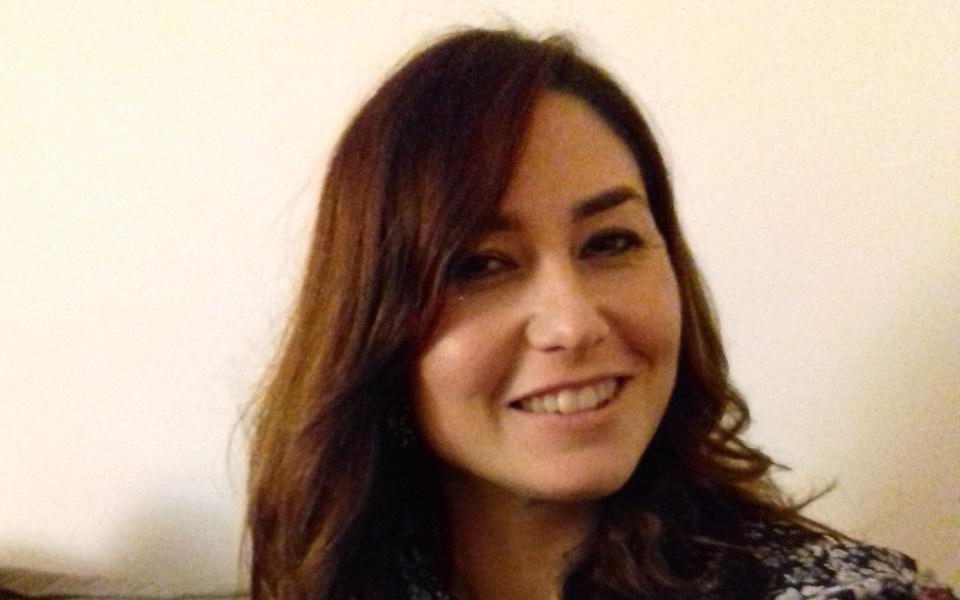Families of air crash victims accuse Boeing of 'rolling the dice' with their loved ones' lives

The families of two Britons killed in two Boeing air disasters have hit out at the airline after a US Congressional report blamed them on its unwillingness to share key technical information with regulators and pilots.
A total of 346 people were killed when two Boeing 737 Max aircraft operated by Lion Air and Ethiopian Airlines crashed into the Java Sea in October 2018 and near Addis Ababa, in March last year.
Families of the victims have now accused the airline of "rolling the dice" with the lives of their loved ones by allowing the Max 737 to carry on flying after the first crash.
The US House of Representatives’ Transportation and Infrastructure Committee has now issued a damning report criticising a “culture of concealment” at Boeing.
The 18-month inquiry into the two crashes found that the US airline regulatory system was “fundamentally flawed”.
The Congressional report added that the crashes were “the horrific culmination of a series of faulty technical assumptions by Boeing's engineers, a lack of transparency on the part of Boeing's management, and grossly insufficient oversight by the FAA."
The inquiry team highlighted "faulty design and performance assumptions" in the MCAS flight control software system, which was supposed to help counter a tendency of the MAX to pitch up and could be activated by data from only a single sensor.
Their report concluded that Boeing “failed in its design and development of the MAX” and America’s Federal Aviation Authority “failed in its oversight of Boeing and its certification of the aircraft”.
The 737 Max was grounded worldwide after Ethiopian Airlines Flight 302 came down outside Addis Ababa, killing all 157 on board, six months after the Lion Air 737 MAX, carrying 189 passengers and crew, crashed in Indonesia, below.

On board flight ET302 was Joanna Toole, 36, (pictured above) an animal welfare and sustainable-development campaign from Exmouth, whose family are taking legal action against Boeing, along with the family of fellow passenger Sam Pegram, 25, from Penwortham, near Preston (pictured below).
Clive Garner, from the families’ solicitors Irwin Mitchell, said the House of Representatives’ report confirmed there had been an “almost unbelievable series of errors and misjudgements” by Boeing and the FAA in relation to the design, build and certification of the 737 MAX.
He said: “Boeing and the FAA rolled the dice with critical safety issues and, as a result, hundreds of lives were needlessly lost and countless families have been torn apart.
“The Committee’s report highlights cavalier and totally unacceptable conduct by the Boeing Company and a deeply flawed system of oversight and regulation by the FAA.”
He added: “In my 30 years of representing victims and the families of those killed in disasters around the world, I have never encountered such scandalous and deplorable conduct by organisations that the public trusted to protect their safety and ultimately their lives.”
Ms Toole’s father Adrian said: “The findings of this report stir a real mixture of emotions. We feel justified in needing to press for additional answers, but we are also incredibly angry that passengers and air crew were allowed to fly on this aircraft.”
Mr Toole, whose daughter was working as a consultant to the United Nations in Rome and travelling to Nairobi to speak at an international conference at the time of the crash, added: “There are still too many unanswered questions and concerns about the entire process involving the Max and its design. Until these are all fully addressed that aircraft should remain grounded.
“Our family will never be the same without Jo, but we are determined to honour her memory by ensuring all possible lessons can be learned from her death and the deaths of more than 300 other people.”

Mr Pegram’s father Mark said: “Based on the findings of this report, I cannot understand how Boeing and the FAA could make the decision to keep the 737 Max flying after the Lion Air crash. “This is one of the many factors that makes accepting Sam’s death so incredibly difficult and painful.
“We are determined to continue our fight for justice. We must have the honest answers, and we must hold those responsible to account.”
Mr Pegram worked for the Norwegian Refugee Council when he was killed on board ET302.
His father added: “Sam was a lot of things to different people, including being a wonderful son, brother, friend and colleague. He genuinely wanted to help people and make a positive difference. The terrible pain that our family continues to feel because of Sam’s loss is as strong as it was 18 months ago.”
Ms Toole and Mr Pegram’s families believe the aircraft is inherently aerodynamically unstable and does not comply with modern certification standards.
Responding to the Congressional report Boeing said it had “learned many hard lessons” from the mistakes it had made.

